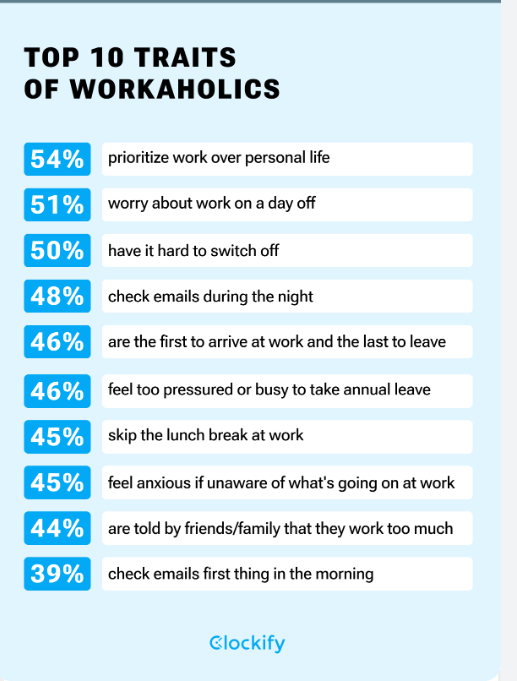Don’t permit your wealth to ruin your happiness.
It turns out that how you answer this question will impel your propensity to be miserably rich.
Would you prefer being special rather than happy?
People who choose to be special gravitate toward addiction. These aren’t the poor souls sleeping in cardboard boxes on a San Francisco street. They’re not down and out, consuming drugs to avoid the reality of mental illness or a miserable life.
Quite the opposite, many people with an addiction are hard-working, successful, and wealthy.
Arthur C. Brooks journeys into the weeds of this phenomenon in his terrific book, From Strength to Strength.
According to the Organization for Economic Cooperation and Development (OECD), the likelihood of drinking rises with education level and socioeconomic status. Some believe I agree; based on my work, people in high-pressure jobs tend to self-medicate with alcohol, including drinking at hazardous levels, which can turn off the sensation of anxiety like a switch temporarily.
Drugs and alcohol may not be the most noxious addiction.
Workaholism has the potential to ruin families without the stigma of Cocaine or Booze.
Workaholism is defined as the compulsion. Or the uncontrollable need to work incessantly.
Many high-powered business leaders conclude they have no choice but to maintain their grueling schedules.
Many can’t distinguish their perceived obligations from being caught in an infinite labor loop.
Brooks points out their dilemma:
I usually find that workaholics are caught in a vicious cycle. They become successful by working more than others and thus, more than necessary, believe they have to keep up that pace to maintain their astronomical productivity. The rewards of that productivity give way to a fear of falling behind as an impetus to keep running. Soon enough, the work crowds out relationships and outside activities. With little else, work is all left to the workaholic, reinforcing the cycle.
Workaholism feeds fear and loneliness. Fear and loneliness feed workaholism.

Ignoring the science stating that productivity falls off a cliff when the work day exceeds 8-10 hours is part of the protocol.
When confronted by family or friends, the workaholic becomes defensive and looks at this as ingratitude instead of an effort to save the workaholic from themselves. It’s easy to see how this pattern leads to the dissolution of numerous marriages or worse.
Many workaholics are addicted to success. Money, power, and prestige are types of approval; likes and followers can be just as addictive as Cocaine. Social Media pours kerosene into the furnace of frantic work.
The addiction can never be satisfied. No accomplishment. No matter how spectacular, satisfies the cravings.
A success addict’s greatest fear is disgrace or embarrassment.
Arthur Schopenhauer stated, “Wealth is like sea water; the more we drink, the thirstier we become, and the same is true of fame.”
How can one avoid being miserable and wealthy?
It turns out that redefining the game-winning trophies is a great start.
Western society believes success and happiness germinate from acquiring more stuff. Money, accomplishments, relationships, prestige, followers, and possessions fall under this category. Eastern philosophy believes the opposite. As we age, more stuff enhances materialism and vanity. Eastern thinking is concerned with all this stuff masking our true nature.
Americans have it backward. We should be shedding and simplifying as we advance in age to discover our true nature without distractions.
The latter makes sense.
Accolades and pleasing strangers were influential to me a few years ago. Like drinking seawater, this desire can never be satisfied. Aging makes you think about things differently. The transitory nature of life clarifies what’s important. Enjoying the moment and cultivating established relationships with colleagues, friends, and family maneuver to the top of the pecking order.
The other day, I was watching the last game of the Giant’s dismal NFL season. My sons were angry that I was rooting for a Giant victory because this would hurt their chances of securing a top pick in the upcoming NFL draft.
My response was, “Who knows what the future holds? This may be the last game I ever see the Giants play, and there’s nothing I would enjoy more than watching the G-Men trash the hated Eagles and their pompous coach into shambles. I’m concerned about enjoying the moment today, not in April. Nothing in life is guaranteed except your death.”
Twenty-year-olds can’t understand this mindset.
You can.
Money and wealth are great, but if taken too far, you have a problem.
Being special isn’t all it’s cracked up to be.





